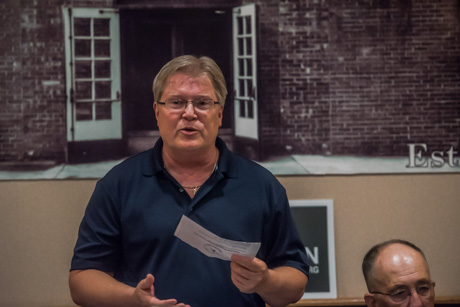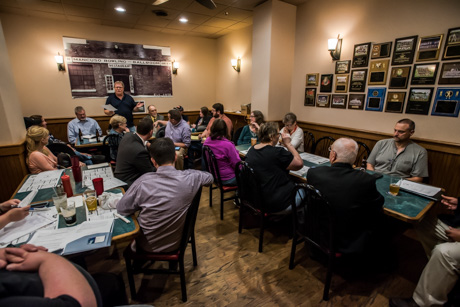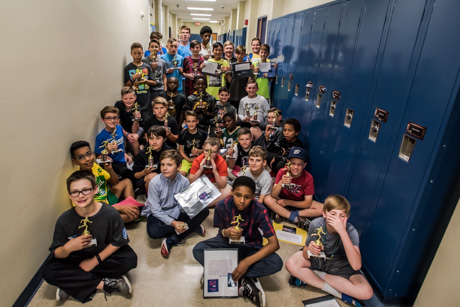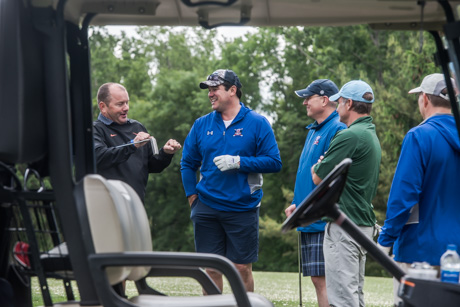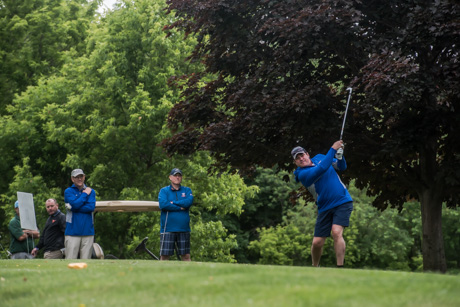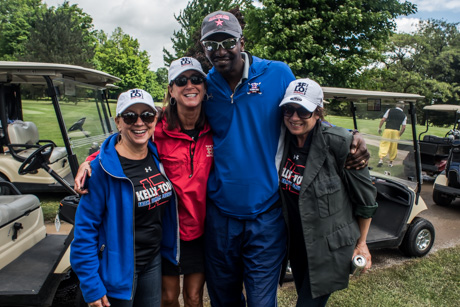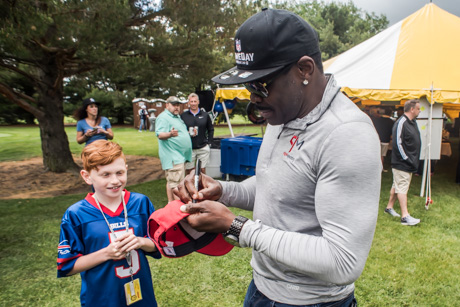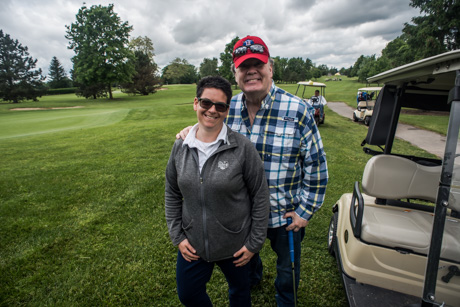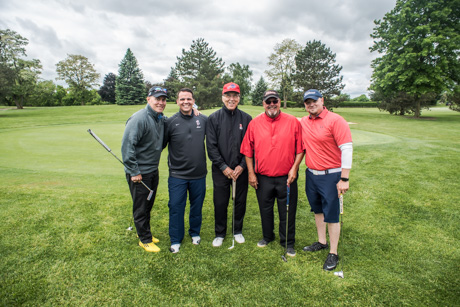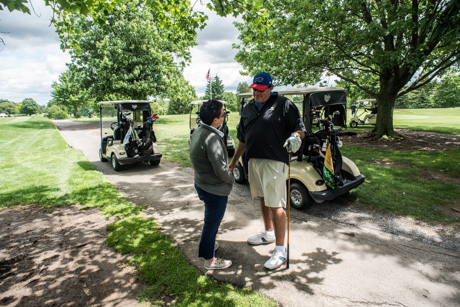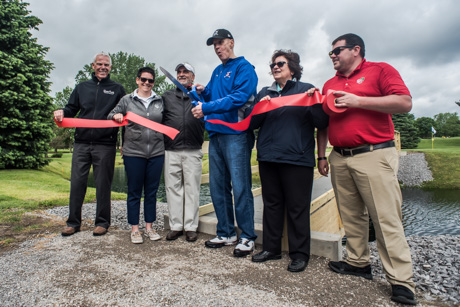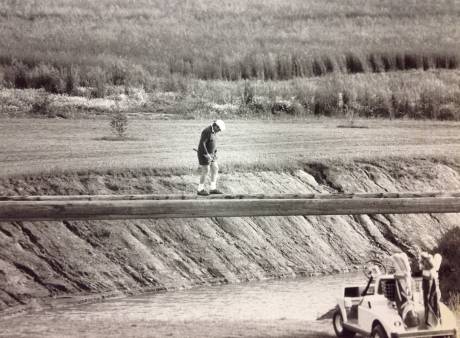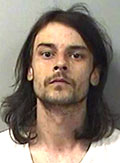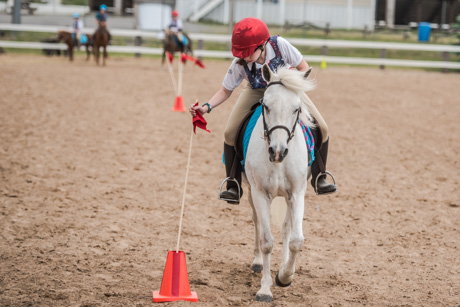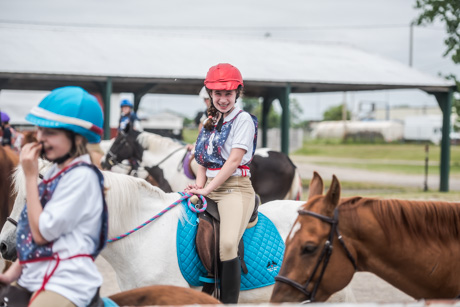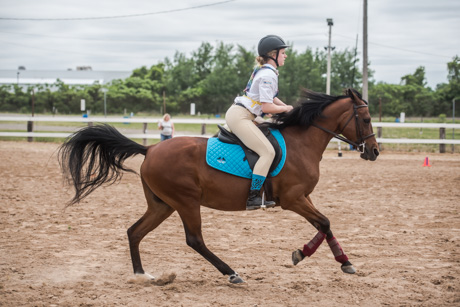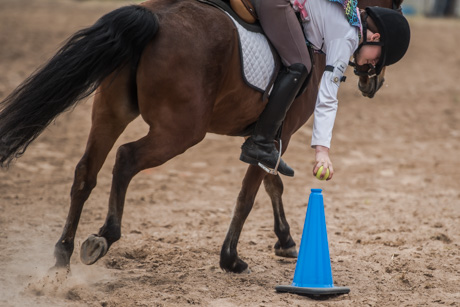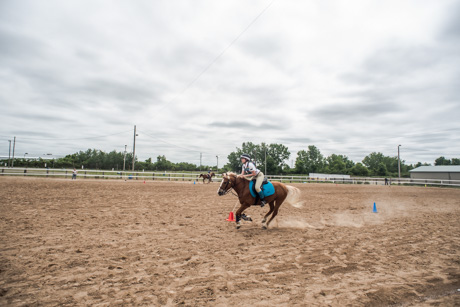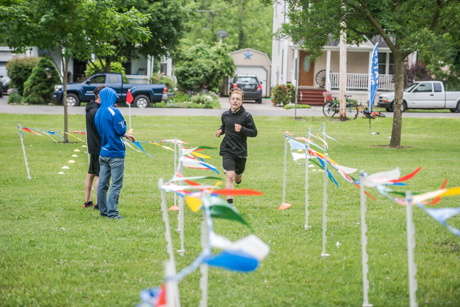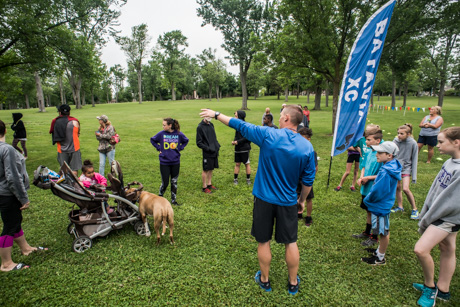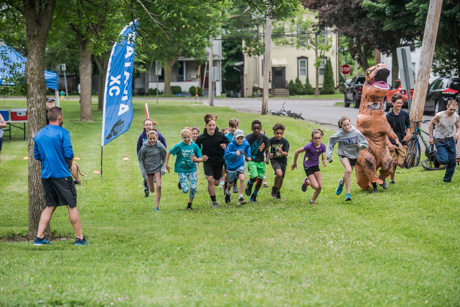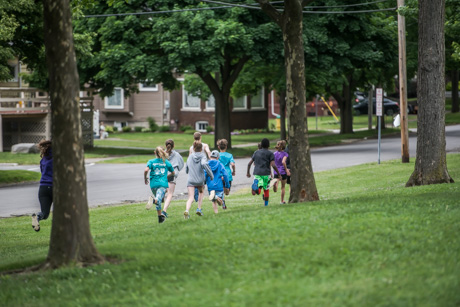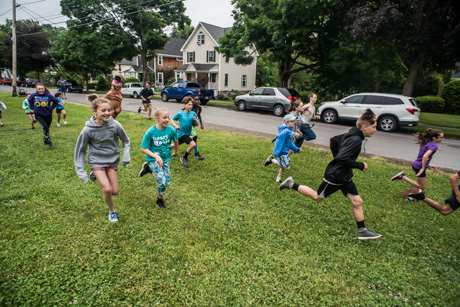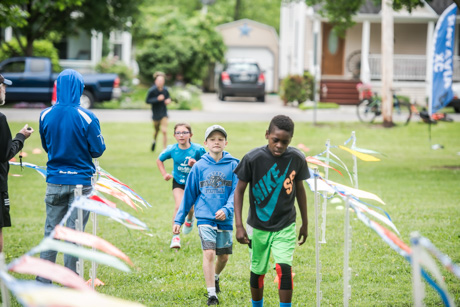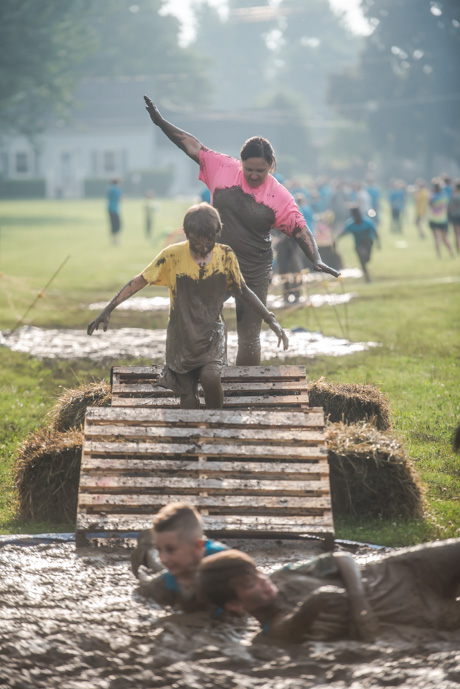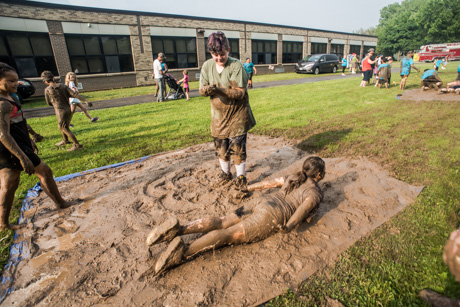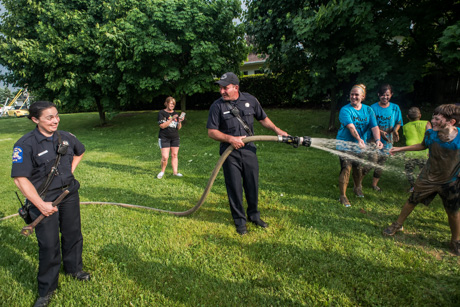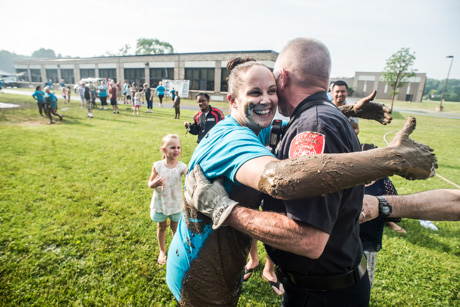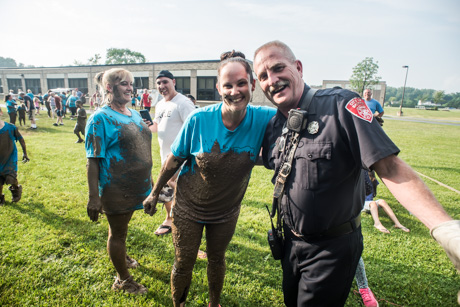The message of a community meeting Thursday night at St. Anthony's on Liberty Street in Batavia was clear: The Southside community needs to pull together if residents want to reduce the risk of a repeat of what happened on Central Avenue the night of May 17 when one man was stabbed to death and another man was wounded by a bullet from a handgun.
The meeting was put together by Councilwoman Kathy Briggs with the participation of Batavia PD and more than three dozen people attended.
"Believe me when I tell you, we're doing something about this problem," Briggs said. "We're doing whatever we can, working with the police. We are going to eliminate this problem."
Before residents spoke, Chief Shawn Heubusch, Det. Kevin Czora and Assitant Chief Todd Crossett briefed people on what the police are doing and what has been done to address issues with disturbances on the Southside, especially recent hotspots on Central, Jackson, Watson, Thorpe, and Maple.
There are increased patrols, including foot and bike patrols, a camera on Central -- and the chief is asking the city to purchase more cameras -- and more support from the Sheriff's Office for increasing the frequency of patrols around Central Avenue.
There is brighter lighting on Central Avenue and Heubusch told residents that if there is a trouble spot and lighting needs to be increased, call the police department. He said National Grid has been responsive and helpful to requests for more lighting.
A primary message of Heubusch, Czora, and Crossett: If you see or hear something, say something. The police operate more successfully with community support.
"It takes people to step up and become part of the solution," Czora said.
Crossett said citizens sometimes see new problem areas before police.
"If you do not see patrols and are seeing problems, let us know," Crossett said. "We can expand the patrol area."
He also encouraged residents to call police if they know a person is on probation or parole and it appears they're not abiding by their terms of supervision.
Landlords were a big part of the discussion. Most landlords are cooperative, Heubusch said, but in response to residents who would like to see landlords get punished for the bad behavior of tenants, Heubusch said there's only so much the police can do.
The City has no say in who a landlord rents to, but in most cases, it's not the tenant causing the problems. It's the people visiting the area that cause the most problems.
That makes it hard to hold a landlord accountable. If a landlord is knowingly allowing criminal activity on his or her property, the landlord can be charged with criminal nuisance but that can be a hard case to make and sustain.
"The people causing problems are not the tenants of the property," Heubusch said. "They are visitors so it is hard to connect those dots."
Somebody suggested that landlords be fined if police are being called too frequently to a property but Heubusch said that expense or resulting hardship would roll back to tenants and discourage them from calling police when they need help. It might discourage, for example, calls for domestic incidents.
"We don't want to dissuade people from calling the police," Heubusch said.
He did mention that landlords have resources through the city to help them manage their properties better. For a fee, Batavia PD will run a background check on a potential tenant. For free, through a FOIL request, landlords can track police calls to the properties they own to see how much police activity their tenants are generating.
"For the most part, the landlords will deal with problems and are very willing to work with us," Heubusch said.
If citizens want troublemakers arrested, however, eyewitness accounts are critical to solving crimes and getting convictions.
"If there's a large disturbance a lot of times the parties involved don't want to cooperate," Heubusch said. "If there are third-party witnesses there is a better chance we can make an arrest. We go to these calls all the time where the victim won't cooperate. When it comes to prevention, we need eyewitnesses."
He said if a citizen sees something and wants to tell police, they can arrange with a dispatcher to meet an officer at the police station or for a phone interview to avoid people seeing an officer knock on a residence's door.
Councilman Bob Bialkowski asked what kind of incident should citizens report, and used an example of a large group walking down the street.
Heubusch said report criminal activity. If something seems suspicious, police will come and check it out, but that large group walking down the street could be just a bunch of kids talking loud.
Bernie Thompson suggested everybody can do their part to help the neighborhood. He had a problem with kids cutting across his yard, so he put a fence around his property and if they jump the fence, he said, "I've got two hungry bull mastiffs."
He said people shouldn't be afraid to call the police.
Carol Pietryzykowski said she is a landlord and takes care of her properties. She said the city needs to do more to take care of the Southside -- taking care of sidewalks, cleaning up streets, picking up trash at the parks.
"I think the city needs to take a little more pride in the Southside," Pietryzykowski said.
Debra Smith said there is also a role for parents to play.
"Some of these parents need to be responsible for their children," Smith said.
Residents expressed concern about local children growing up with parents who have criminal records and have spent, or are spending, time in jail and whether those children are getting sufficient direction in their lives.
One of the last speakers was Pastor Marty Macdonald, from City Church, owner of the St. Anthony's property now.
He talked about his own childhood, being homeless at 17, and growing up without parents, and the adults who influenced him not to give up. He said that's why St. Anthony's exist. He said every Tuesday there are 150 to 200 kids taking part in recreational activities at St. Anthony's and getting a free meal, courtesy of donations from Genesee County businesses.
"If we all paid a little more attention to these children, we would get great results," Macdonald said. "We have to change the culture. We have to be the leaders in our community.
He added later, "Instead of looking down, we need to lift their heads up and tell them, 'you're going to make it.' "
